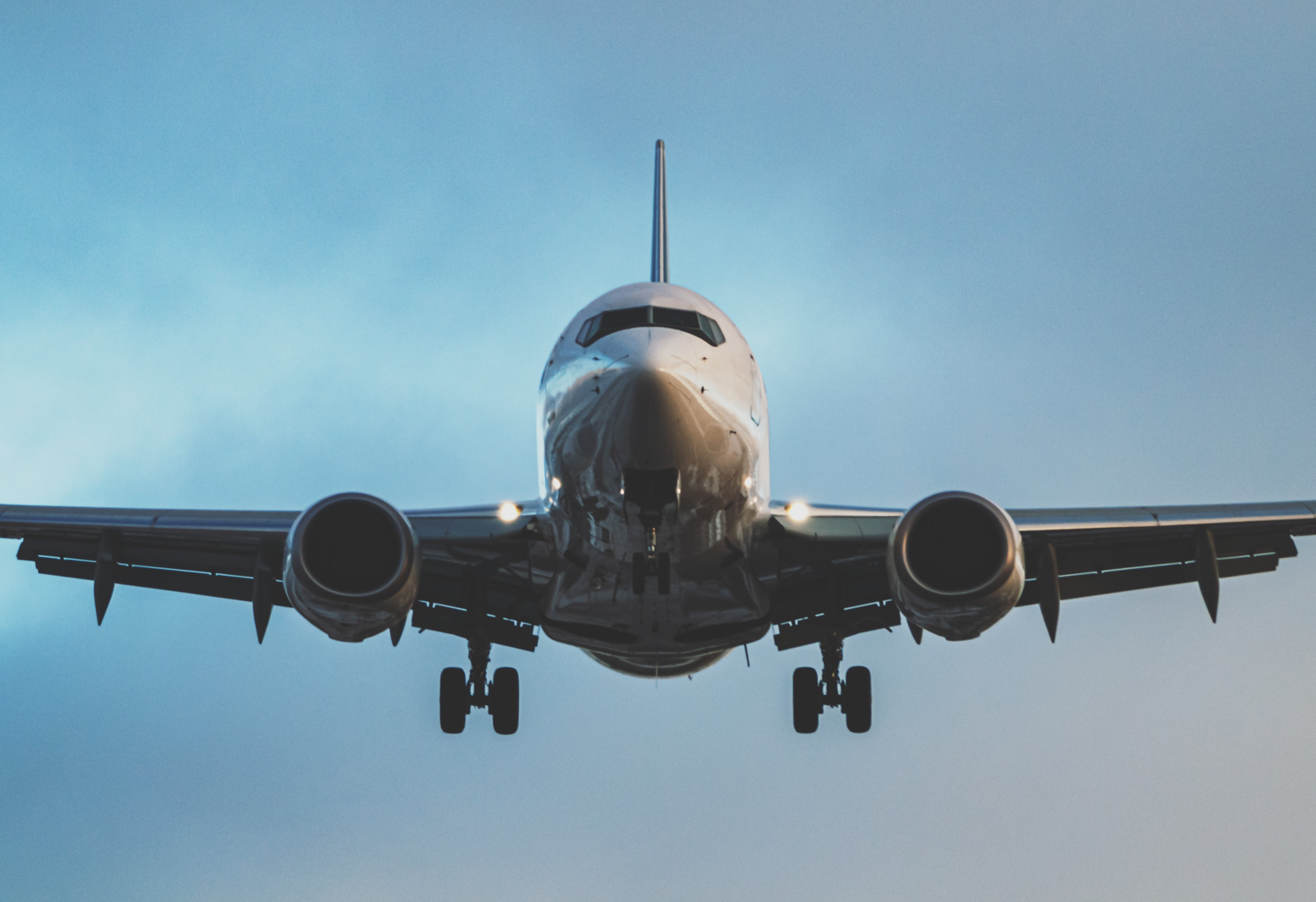Super low-cost flights under threat as EU imposes new carbon emissions charges
Airlines thoughout Europe aren’t currently charged for CO2 permits

Your support helps us to tell the story
From reproductive rights to climate change to Big Tech, The Independent is on the ground when the story is developing. Whether it's investigating the financials of Elon Musk's pro-Trump PAC or producing our latest documentary, 'The A Word', which shines a light on the American women fighting for reproductive rights, we know how important it is to parse out the facts from the messaging.
At such a critical moment in US history, we need reporters on the ground. Your donation allows us to keep sending journalists to speak to both sides of the story.
The Independent is trusted by Americans across the entire political spectrum. And unlike many other quality news outlets, we choose not to lock Americans out of our reporting and analysis with paywalls. We believe quality journalism should be available to everyone, paid for by those who can afford it.
Your support makes all the difference.Low-cost flights could soon be a thing of the past due to new EU carbon emissions charges.
The rules are an extension of the EU’s existing Emissions Trading System regulations.
Aircraft carriers offering flights throughout Europe are required to seek a permit from the ETS for carbon dioxide emissions created.
While this paperwork doesn’t currently cost airlines any money, a new law means that next year the free permits will begin to be phased out.
The permits will be reduced by a quarter in 2024 and in 2025 they’ll be halved, before being completely eradicated by 2026.
As a result, airlines will need to foot the bill for their CO2 permits. This charge is being introduced to put financial implications in place for carriers’ carbon emissions outputs.
As reported by the FT, Bernstein analyst Alex Irving estimates that passengers may see a €10 (£9) increase in flight prices.
“The cost of complying with the EU ETS would rise to €5bn in 2027 for the six largest intra-EU carriers, up from €0.5bn in 2019,” he said.
“Airlines cannot absorb that . . . and will need to increase prices.”
Director general of Airports Council International Europe Olivier Jankovec said at the UK Airport Operators Association’s annual conference in January that these upcoming major policy changes would alter “the economics of the sector”.
“It is going to result in increasing costs for airlines, increasing fares and lower demand,” Mr Jankovec said.
“Flying via EU hubs like Amsterdam, Paris or Frankfurt becoming about 23-29 per cent more expensive in 2035,” he added.
Deutsche Bank analyst Jaime Rowbotham told the FT “that Ryanair, easyJet and Wizz Air would spend a cumulative €785m on carbon allowances in their 2023 fiscal years, equivalent to about €2.60 per passenger journey.”
That amount “could rise to €2.25bn by the middle of the decade”, Mr Rowbotham added.
Last year Ryanair chief executive Michael O’Leary said travellers will see a reduction in the number of cheap promotional fares for the next few years.
Join our commenting forum
Join thought-provoking conversations, follow other Independent readers and see their replies
Comments